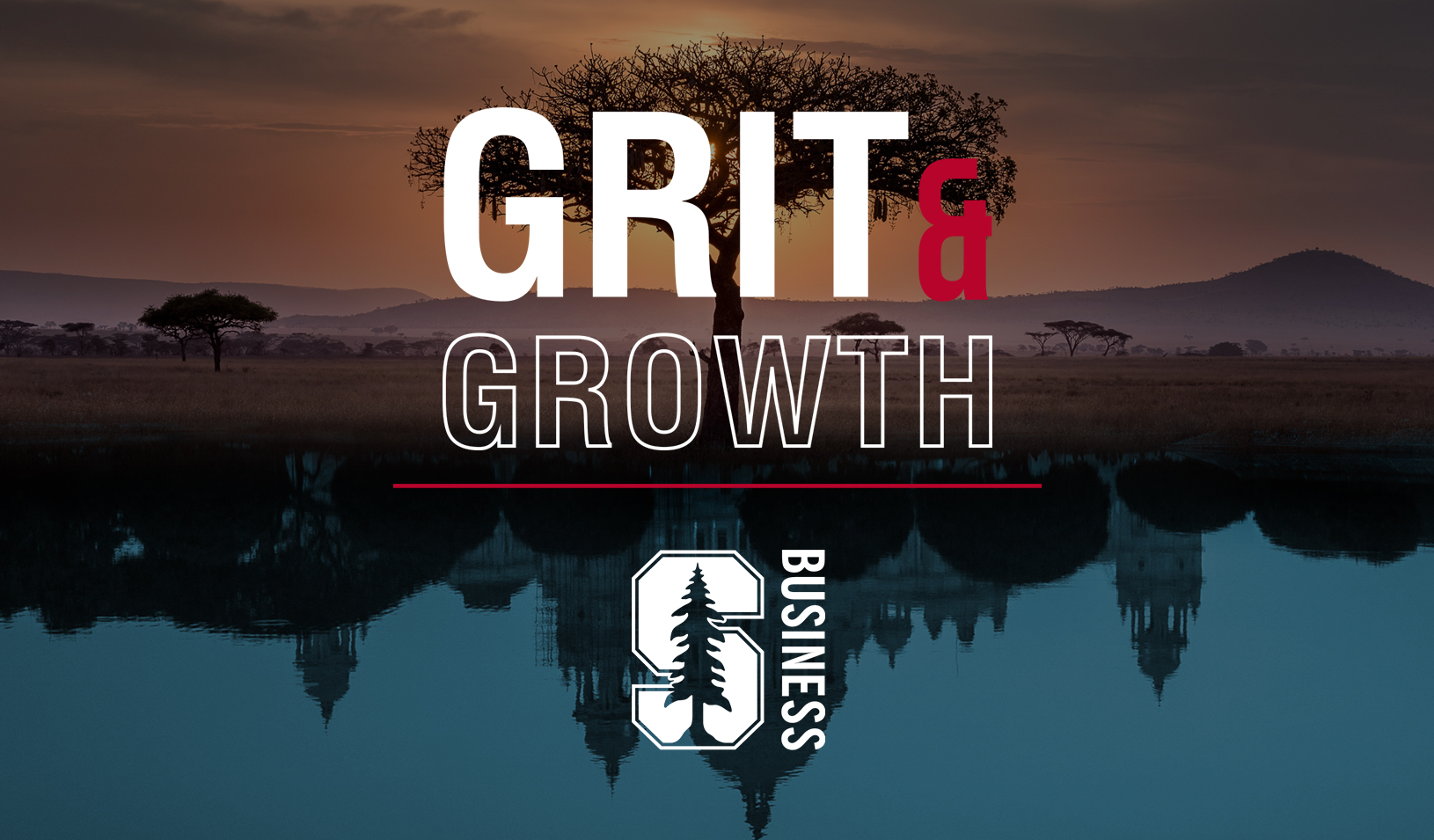
“We are growing businesses from scratch with our bare hands,” says Gustavo Suarez, one of the respondents to this year’s State of Latino Entrepreneurship survey.
Latino entrepreneurs play a major role in the U.S. economy: More than 3 million people are employed by nearly 350,000 Latino-owned businesses. These businesses are also the fastest-growing segment of the U.S. business population: From 2007 to 2019, the number of Latino-owned businesses grew by 34% while the number of White-owned businesses fell by 7%.
And many are bouncing back from the economic shock of the COVID-19 pandemic: Between 2019 and 2022, Latino-owned businesses reported median growth of 25%, compared with 9% for White-owned businesses.
These are some of the findings in the eighth annual State of Latino Entrepreneurship report from the Stanford Latino Entrepreneurship Initiative (SLEI) at Stanford Graduate School of Business.
“Latino entrepreneurs continue to thrive, even during unprecedented times,” says Barbara Gomez-Aguinaga, the associate director of SLEI and one of the report’s authors. Yet, she adds, “they keep facing systemic disparities that impact the growth of their businesses, including unequal access to government and corporate contracts.”
The report is based on a national survey of more than 10,000 business owners, about half Latino and half non-Hispanic White. The respondents’ companies generated at least $10,000 in annual revenue and had at least one employee beyond the owner.
“The goal of our research is to understand the challenges and opportunities that Latino-owned businesses face,” Gomez-Aguinaga says. “We hope our research informs and inspires the actions of decision makers, including governments, corporations, and business owners themselves.”
Some of the key findings in this year’s report:
Businesses are recovering from the pandemic.
As the pandemic enters its fourth year, Latino entrepreneurs are adjusting to the new economic landscape. “Even though the pandemic hit Latino-owned businesses harder, they were more likely than White-owned businesses to say they have recovered and are doing better than before the pandemic,” Gomez-Aguinaga says.
One indicator: The percentage of Latino-owned businesses reporting business-to-business sales almost doubled from 20% in 2020 to 38% in 2022. Overall, almost one-quarter said they are doing better than before the pandemic, compared with less than one-fifth of White-owned businesses.
The Great Resignation has challenged businesses of all sizes.
“The Great Resignation was not as severe as the media portrays it,” Gomez-Aguinaga says. But the report found that Latino-owned businesses of all sizes have had difficulty hiring and retaining workers.
Latino business owners were more likely to report that employee retention is challenging, and they took action to improve it. The survey found that Latino-owned businesses were more likely than White-owned businesses to increase compensation and benefits, make work hours and locations more flexible, improve company culture, and offer more training and development opportunities. More White-owned businesses than Latino-owned businesses reported not taking action to improve employee retention.
Contracts present challenges and opportunities.
Although only 13% of Latino-owned businesses had government or corporate contracts in 2022, these deals can be an important source of stability and growth. The report found that Latino-owned businesses are slightly more likely than White-owned businesses to get contracts, yet those contracts tend to be significantly smaller. For example, federal contracts for White-owned businesses were more than 30 times larger, on average, than those for Latino-owned businesses.
In addition, securing the contracts takes longer: The procurement process for government contracts takes more than a year for 37% of Latino-owned businesses, compared with 27% of White-owned businesses.
Not just small businesses need help getting contracts.

Mercedes Enrique, an alum of the SLEI Education Scaling Program, would like to see more support for businesses that no longer qualify for small business loans.
Mercedes Enrique, an alum of the SLEI Education Scaling Program (SLEI-Ed) at Stanford GSB (a collaboration with the Latino Business Action Network), told the report’s authors about her experience with government programs that help businesses overcome barriers to receiving contracts. Enrique, who built CMS Corporation into an award-winning construction contractor with $80 million in annual revenue, participated in the Small Business Administration’s 8(a) Program, which supports firms owned by “socially and economically disadvantaged individuals.” The program assigned CMS a mentor who helped the firm win its first federal contract.
However, only 2.5% of the companies that grow to the point where they no longer qualify for support win another federal contract. Enrique has advocated for a transition program for these businesses. “When you’re considered small, the federal government sets aside more reasonable small business contracts,” Enrique says. “But if, because of your revenue or your size, you’re no longer able to apply for those small business contracts, you just fall off the cliff.”
“Having equal access to government and corporate contracts would not only help level the playing field for Latino businesses, but it would also strengthen the U.S. economy and benefit American workers,” Gomez-Aguinaga says.
Access to capital remains an obstacle for Latino entrepreneurs.
In 2022, Latino-owned businesses were 50% more likely to seek financing than White-owned businesses. Latino-owned businesses that applied for loans at national banks had, on average, three times the gross revenue of White-owned businesses, as well as less debt and similar credit scores. Although Latino-owned businesses had higher approval rates for loans under $50,000, they were substantially less likely to have larger loans approved.
“If you are a non-Latino owner and you’ve been part of this country for generations, of course you have a support system,” Gustavo Suarez, the founder of an accounting firm and a SLEI-Ed alum, told the report’s authors. “We don’t have any of that. We are growing businesses from scratch with our bare hands. Our people have no money, so who are we going to ask for money? Our only option is to go to the banks, but when we go to the banks, the system just doesn’t communicate with us.”
Latino entrepreneurs use innovative marketing strategies.
For the first time, this year’s State of Latino Entrepreneurship survey asked how businesses reach their customers and advertise their products and services. “Latino-owned businesses are more proactive in product differentiation and service differentiation than White-owned businesses, and Latino-owned businesses use social media across all platforms more,” Gomez-Aguinaga says.
Latino-owned businesses are more likely to advertise using a range of channels, including social media, websites and blogs, email, flyers, and search engine optimization and marketing. The only strategy used more often by White-owned businesses is word of mouth.
One example: Saul Marchan of BLU Commercial Cleaning has used technology to streamline connections between customers and technicians. This reduced management costs and allowed him to increase employee salaries by 30%, match employees’ retirement contributions, and provide educational tools that help improve employees’ financial literacy.
Marchan, another alum of SLEI-Ed, told the State of Latino Entrepreneurship that this innovative product differentiation strategy sends a clear message to BLU’s customers: “We say, ‘Hey, when you invest in our company, this is what you invest in: You invest in our people.’”
The 2022 State of Latino Entrepreneurship report was produced by associate director Barbara Gomez-Aguinaga and research analyst Jonathan Furszyfer of the Stanford Latino Entrepreneurship Initiative. It was overseen by Stanford GSB faculty members Paul Oyer and Jerry I. Porras. Porras is co-founder of the Latino Business Action Network. The SLEI research and education scaling programs are jointly supported by the Latino Business Action Network, the Stanford GSB Center for Entrepreneurial Studies, and Stanford GSB Executive Education.
For media inquiries, visit the Newsroom.





